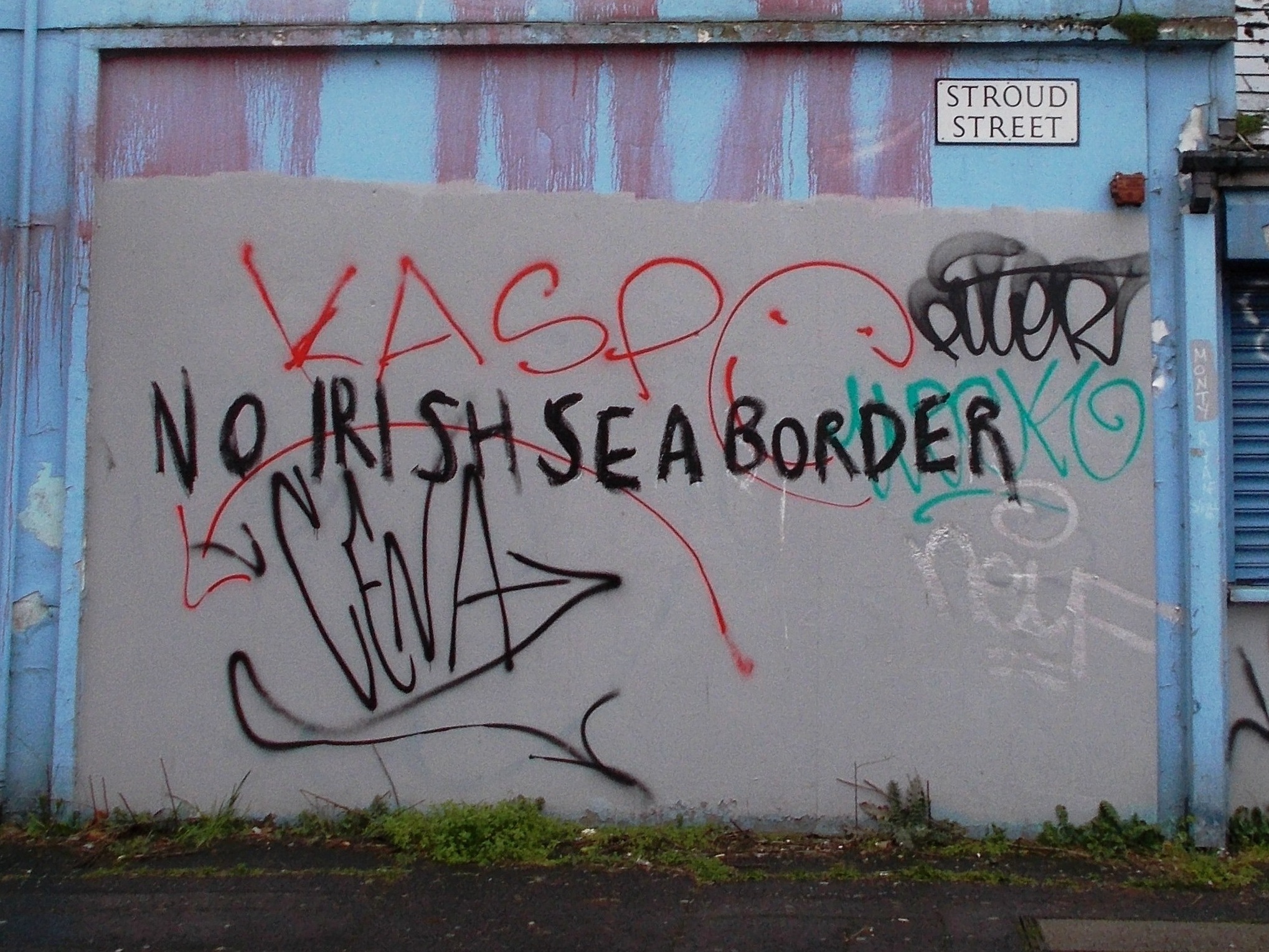How it started, how it’s going: the broken promises made to Northern Ireland
In our ‘How it started, how it’s going’ forum we will shed a light on the litany of broken promises and – to be generous – inaccuracies that have blighted by the Brexit process. In the first post in this series, we highlight recent statements by Lord David Frost. He is the UK government’s chief negotiator with the EU in the post-Brexit arrangements and also negotiated the original deal over Brexit, as well as the subsequent trade agreement.

How it’s going
David Frost said on a recent visit to the North that the Northern Ireland (NI) Protocol is not ‘sustainable’:
“It’s clear from my visit that the Protocol is presenting significant challenges for many in Northern Ireland. Businesses have gone to extraordinary efforts to make the current requirements work, but it is hard to see that the way the Protocol is currently operating can be sustainable for long…”
So what’s gone wrong? As economists, Birnie Esmond and Graham Brownlow have put it:
“NI and GB had previously been members of a single highly integrated UK market. That has now been disrupted. By reversing the process of economic integration, frictions have been introduced by adding EU regulatory compliance issues into the UK’s internal market.”
How it started
The UK’s decision to pursue a very hard form of Brexit, in particular leaving the European single market, has led to these problems. They were completely foreseeable but persistently denied. As the UK’s lead Brexit negotiator from the summer of 2019 onwards, Frost agreed the original protocol. His boss, Boris Johnson, heralded it as a great deal for Northern Ireland.
He told the UK Parliament in October 2019:
“I believe this is a good arrangement, reconciling the special circumstances in Northern Ireland with the minimum possible bureaucratic consequences at a few points of arrival into Northern Ireland.”
Johnson has also lied about the content of the deal. In the December 2019 general election, he said it was ‘complete nonsense’ that it created an economic border in the Irish Sea. Even more shockingly, on the 1st January 2021, when the Northern Ireland Protocol came into force and regulatory barriers to goods moving from Great Britain to Northern Ireland kicked in for the first time, Johnson’s Secretary of State for Northern Ireland, Brandon Lewis, said:
“There is no ‘Irish Sea Border’. As we have seen today, the important preparations the Govt and businesses have taken to prepare for the end of the Transition Period are keeping goods flowing freely around the country, including between GB and NI.”
Broken promises
These problems reflect the UK’s decision to leave the European single market. We don’t have to accept the current agreement. We can negotiate changes that build a closer relationship with Europe – one alternative, for example, has been proposed here.
May 14, 2021
Brexit Spotlight is run by Another Europe Is Possible. You can support this work by joining us today. The website is a resource to encourage debate and discussion. Published opinions do not necessarily represent those of Another Europe.





